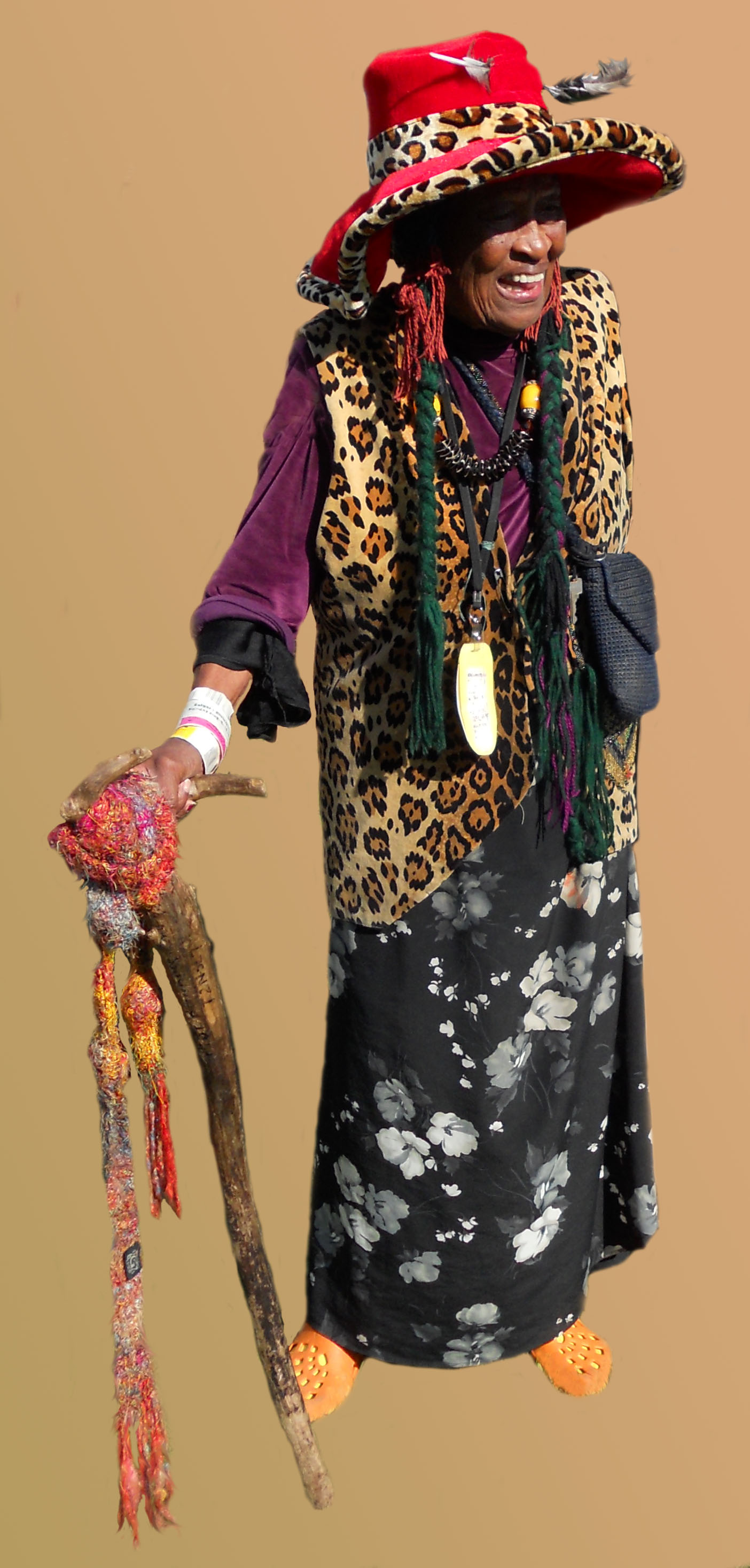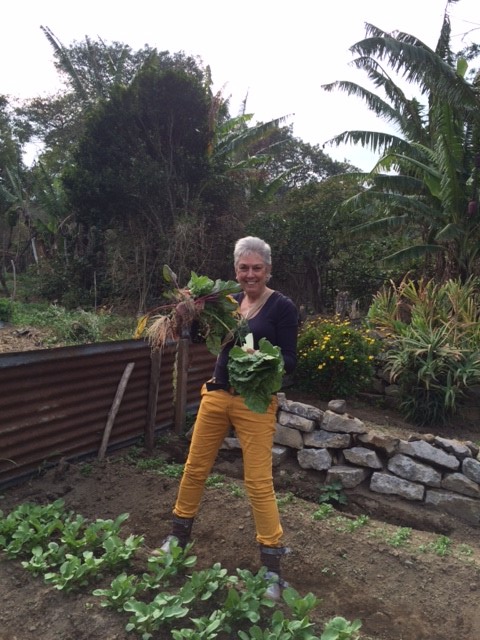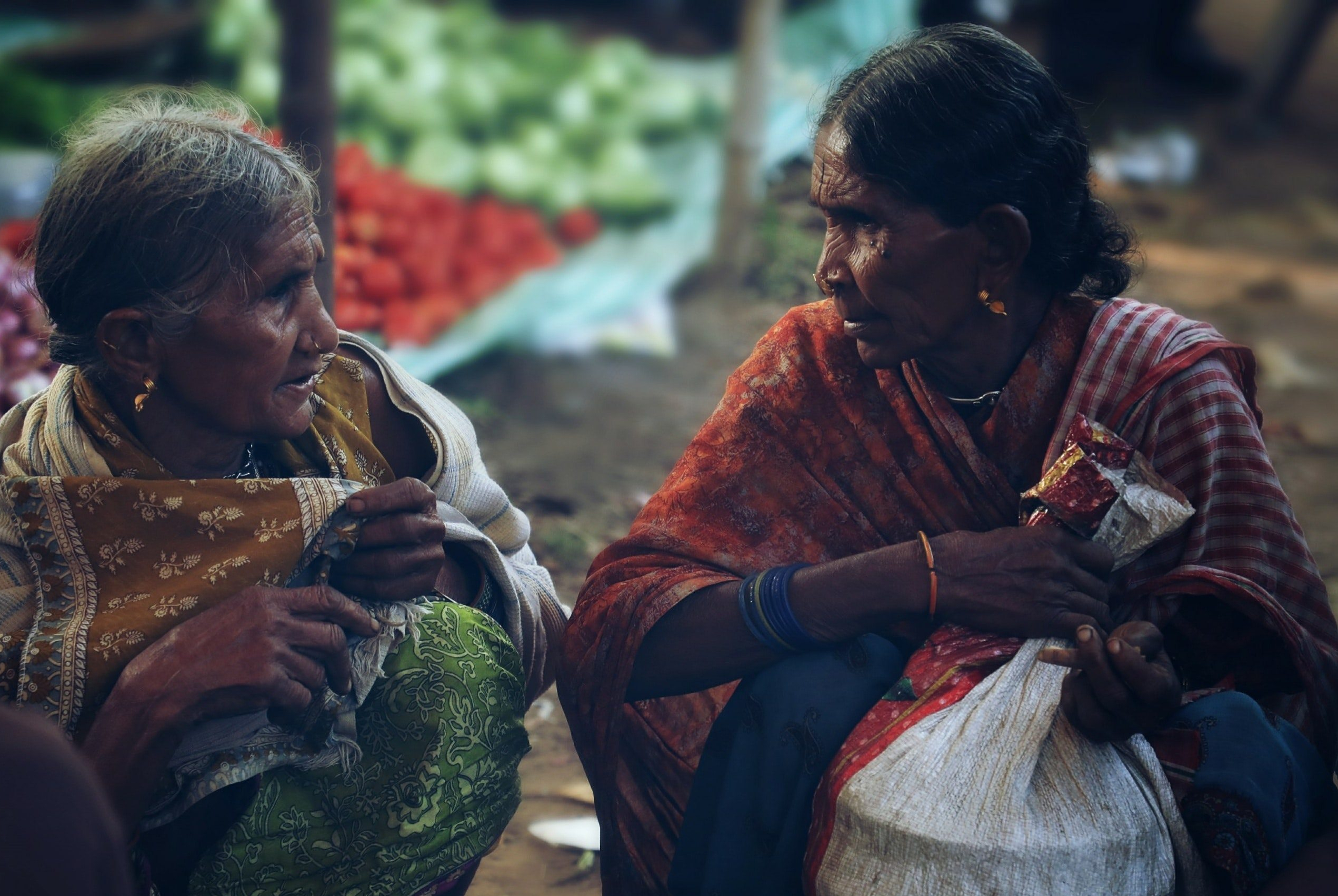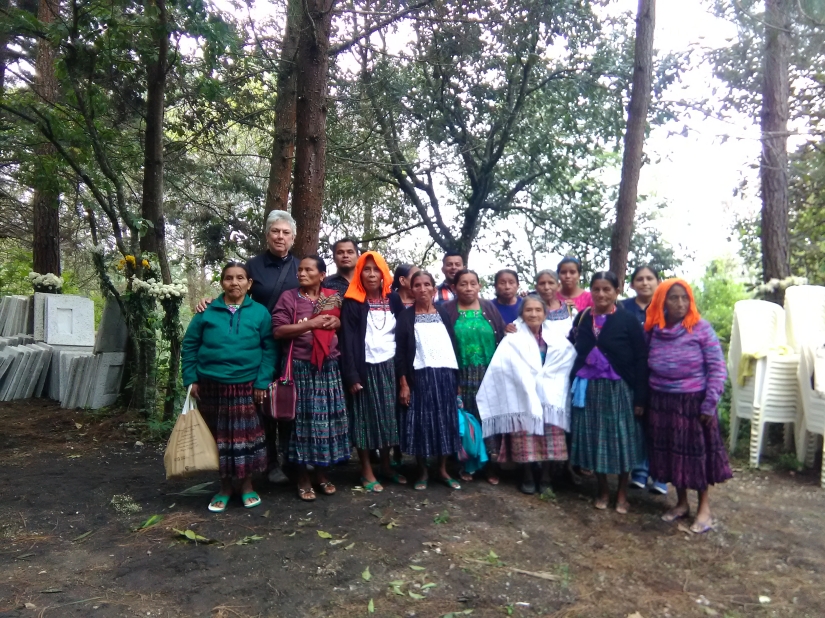




The Editorial Review Team supporting Ms. Gish, responsible for compiling and editing Crone Chronicles 20-20, made a concerted effort to promote and to gather short stories from a broad demographic and geographic cross-section of female elders 52+, including race, color, national origin, religion, age, disability and sexual orientation.
The first edition of this Collection, however, is written in English and limited to writers who have been living in the world as females for 52+ years, thus defining themselves as authentic crones or female elders.
There are several issues plaguing our aging population, especially female elders, that need to be confronted, and overcome, to improve both living conditions and the quality of life for crones.
For example, there are basically two definitions for crone (krōn), a noun, with the predominate dictionary meaning always being the first of the following descriptions:
An old woman considered to be ugly; a hag (or a witch who eats children).
There is also the ancient meaning of crone, more rarely defined as:
A woman who is venerated for her experience, judgment, and wisdom.
Clearly and simply, Crone Chronicles 20-20 seeks to change and reshape this negative image of female elders by reclaiming the crone archetype as a “wise woman” (a term that “crone” once stood for and will stand for again).
